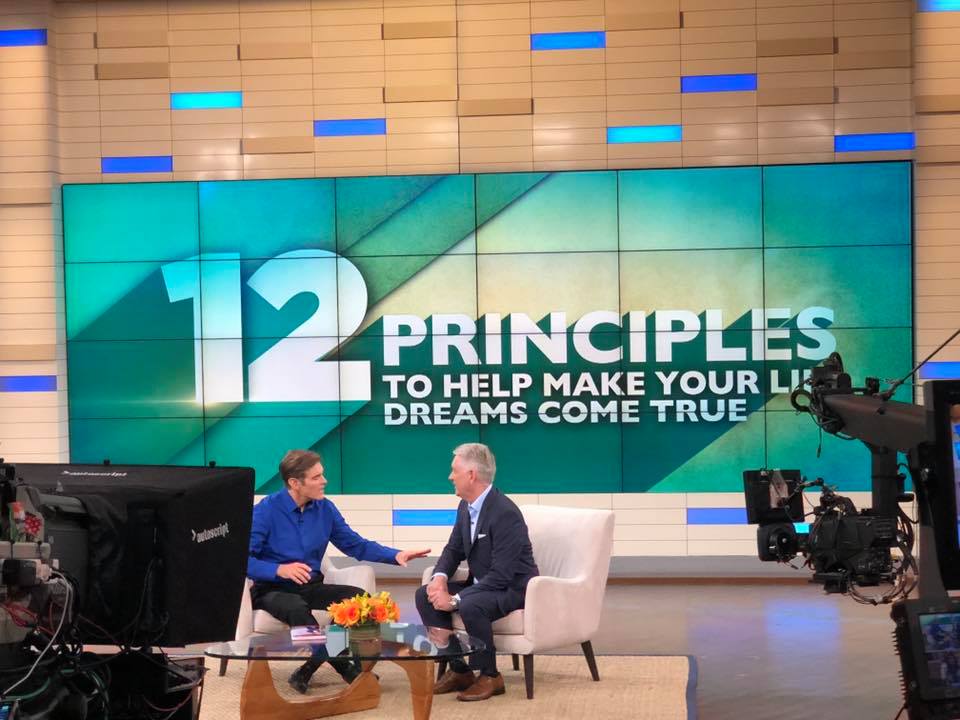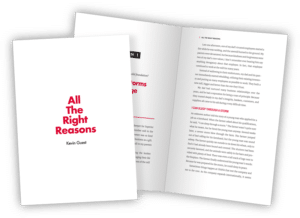The Piano Principle: What Sacrifices Are You Willing to Make?
Early in All the Right Reasons (the second principle, in fact), I tell a story about my mom and dad.
When they were younger and didn’t have a lot of money — like a lot of us at that age, just starting out with a family — my parents needed to prioritize purchases.

It’s not like they didn’t need a car. Life likely would have been easier had they had one. Yet my dad would ride my mom around on his bicycle to the grocery store and other places.
Why did they do this? Because music was so important to them. And they were willing to sacrifice everything to see that we had music in the home.
They couldn’t afford both a piano and a car.
The Piano Principle speaks to that mindset.
You should do whatever it takes for the things that are most important to you.
Here’s something I’ve told a few people as I’ve thought about The Piano Principle. My wife, Lori, and I did pretty much the same thing. We were talking about this the other day. We bought a piano in the early days of our marriage.
We weren’t exactly like my parents — we did have a car. But we bought it used and made payments (like a lot of folks). We knew we needed a piano in our home to make sure our kids grew up with music in their lives.
Some of my greatest memories are sitting around the piano singing church hymns and other songs as a family.
The Piano Principle in Your Life
What do these stories mean for you? I encourage you to think about what’s most important to you and then what are you willing to sacrifice to make sure that it becomes a reality in your life.
It comes down to prioritizing.
The Piano Principle is simply that:
What is most important and then what are you willing to sacrifice to make sure it becomes a reality in your life?
If you do that, I believe you’ll look back years later and be so thankful that you did what it took to make sure that priority became a reality in your life.
How About You?
What’s most important in your life? Is it planning for a dream vacation? A new car? Saving to start your own business? I’d love to hear what you’re willing to sacrifice in order to make it a reality.
For more of my thoughts on principles included in All the Right Reasons, please take a look at this link.



 There’s a story I share in All the Right Reasons — it’s the story of Dorothy, a cleaning woman at a college. A few weeks into the semester, a professor gave a pop quiz. The last question was: What is the name of the woman who cleans this building?”
There’s a story I share in All the Right Reasons — it’s the story of Dorothy, a cleaning woman at a college. A few weeks into the semester, a professor gave a pop quiz. The last question was: What is the name of the woman who cleans this building?” We start to believe that voice inside our heads. We have to flip that switch that turns the self-talk from negative to positive. Positive self-talk is even more powerful than negative self-talk, and learning how to channel and elevate the voice in your head can change your life.
We start to believe that voice inside our heads. We have to flip that switch that turns the self-talk from negative to positive. Positive self-talk is even more powerful than negative self-talk, and learning how to channel and elevate the voice in your head can change your life.
